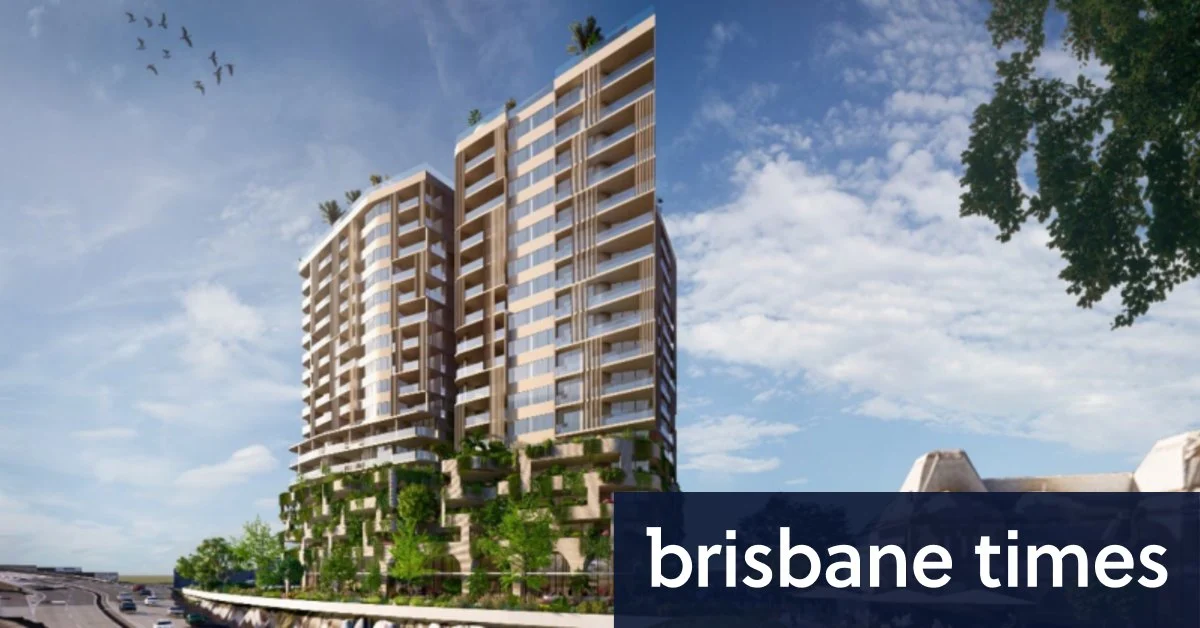Key points:
- The land is flood-prone
- Proposal is for 17 storeys (7 storeys over the neighbourhood plan limit)
- 199 units
- 45 one-bedroom apartments
- 117 two-bedroom apartments
- 16 three-bedroom apartments
- 21 two-level “SOHO” (small office/home office) units
- 18 three-bedroomers
- 3 two-bedroomers
- 247 cars over five basement levels
- 234 bicycle parking stations
- 199 units
- 10-metre buffer to Brekky Creek Hotel
- Development’s “podium levels” will have cafes & restaurants on Brekky Creek frontage
- ‘Because the plans did not meet the council criteria for the site, they were considered “impact assessable” and open to public submissions both for and against the proposal.’



Awesome that it’s a mix of setups rather than just single bedrooms. This sort of development is badly needed
The council needs to get their nose out of it and stop getting in the way of development during a fucking housing crisis
um, no. Those regulations exist for very good reason, ask an architect what developers try to slip past regulation
Some of the regulations exist for very good reasons. Others for arguably less-good reasons.
Certainly I don’t think anyone would oppose building quality rules, and I think a lot of us are broadly in favour of rules that require large developments to provide a broader range of housing (e.g. a mix of one, two, and three-bedroom places).
But density limits are quite a bit harder to justify. Parking minimums are extremely hard to justify in places that are well-served by public and active transport, or are within walking distance to the CBD.